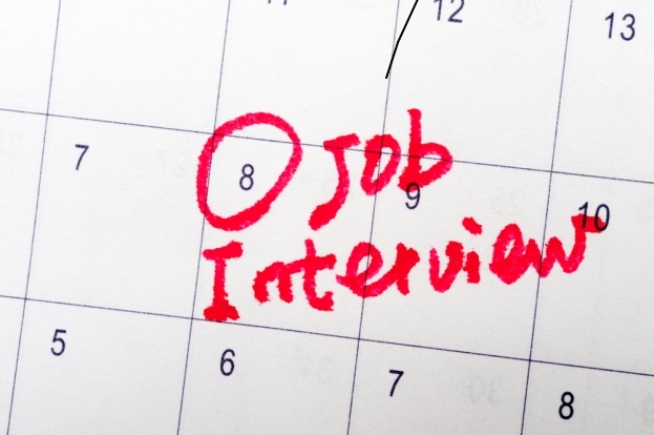You met all the requirements for the job, but the employer still didn't hire you. It sucks. Stop obsessing over why this happened. Instead, check out this article for a list of possible reasons and work on improving your interviewing skills so you'll make a better impression next time.
Your resume was good enough land you an interview. You met with the employer and showcased your skills and expertise as best as you could. Maybe you were even introduced to several people who were going to be your future supervisors or colleagues. In the end, however, they didn't offer you the job.
Sometimes, you're rejected because of external factors you have no control over. Maybe organizational issues ended the opportunity, they decided to promote someone from within the company, or budget cuts made them reconsider the position altogether.
In other cases, the rejection is personal, and it was likely caused by something you might have avoided. If the recruiter doesn't give you any feedback though, it's hard to guess what you did wrong. To help you get to the bottom of the issue, we've listed a few reasons that may have caused to employer to give the job to someone else.
You made a bad first impression
You were late. Your outfit was unprofessional. You went into it unprepared. Whatever it was, you only get one chance to make a good first impression.
The fix: Next time, take more time to research the company and the position you're applying for. Practice your answers to common interview questions with a friend or in the mirror, to settle your nerves and have a better chance to impress the interviewer. Prepare a few concrete examples of your accomplishments to demonstrate your ability. Also, make sure you're dressed appropriately and make it a point to arrive at least five minutes early. It's common courtesy.
You said the wrong thing
There are plenty of inappropriate things one can say during an interview. From the obvious ones, like swearing or making too many jokes, to talking money before even asking about the specifics of the job. Your words matter immensely, so choose them carefully.
The fix: If you're guilty of speaking without thinking about the repercussions, control yourself better next time. Never ask about the salary or paid time off right from the start. Also, don't share too much with the interviewer. They don't care that you're going through a particularly tough time at the moment and that you really need the job. You're going to be hired because of your skills, not your desperation. The conversation should be mainly about what you can bring to the company and why you're a good fit for the job. Don't let it deviate.
You bad-mouthed your former employer
If you said something in the lines of “my former employer was terrible,” don't expect a call back. These kinds of remarks make you seem bitter and petty. Plus, they show that you could badmouth any boss or company in the future, which won't win you any bonus points.
The fix: Even if the interviewer encourages you to criticize the last company you worked for, contain yourself. When asked why you left the position, simply state that you felt like there was no more room to grow there and that you were eager to take on new challenges. Employers are suspicious about people who share noxious details about their former jobs. It's easy to believe that the employee was part of the problem as well. Think about it – it's like hearing someone badmouth a former life partner. It's hard to accept that they didn't share part of the responsibility for the failed relationship.
You didn't ask any questions
When the interviewer asked if you had any questions for them, you said “no.” This leaves the impression that you weren't particularly interested in the position or that you didn't prepare yourself for the interview.
The fix: Prepare a list of questions to ask the recruiter beforehand. Inquire about the day-to-day activities that come with the job, ask about any pre-employment tests you'll have to take, find out what advancement opportunities are within the company. This shows the interviewer that you're eager to join the company are you're a goal-oriented, motivated individual.
You didn't follow up
You went home and waited for the employer to let you know whether you're hired or not. No follow-up email, no phone call, nothing. In today's competitive job market, effective follow-up has become a must. If you don't reach out to the employer after the interview, they might think you're not really that interested in the position. It's funny how even the little things can cause you to lose out to another candidate.
The Fix: Always send a thank-you email within 24 hours of the interview. You could use this opportunity to include further documentation that illustrates your ability to do the job, or reference an article or study you discussed during your meeting. It gives you a better chance to stand out from the crowd.
Don't look at this rejection as a failure from your part. Take it as an opportunity to learn from your mistakes. Keeping a positive attitude during the job searching process is crucial. If you don't believe in yourself, it will be particularly difficult to convince a potential employer to do it.








